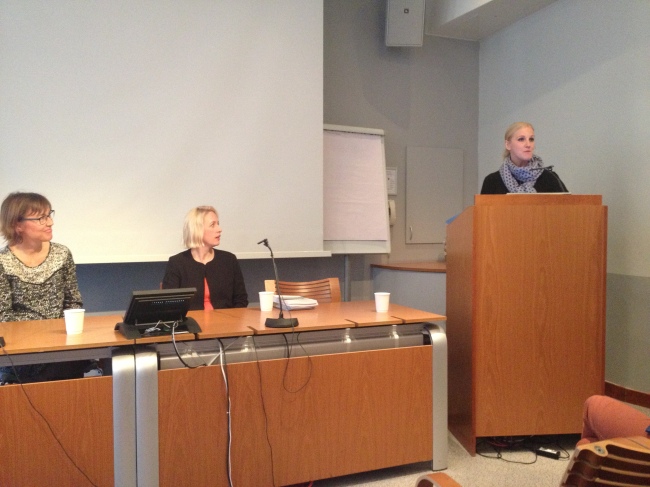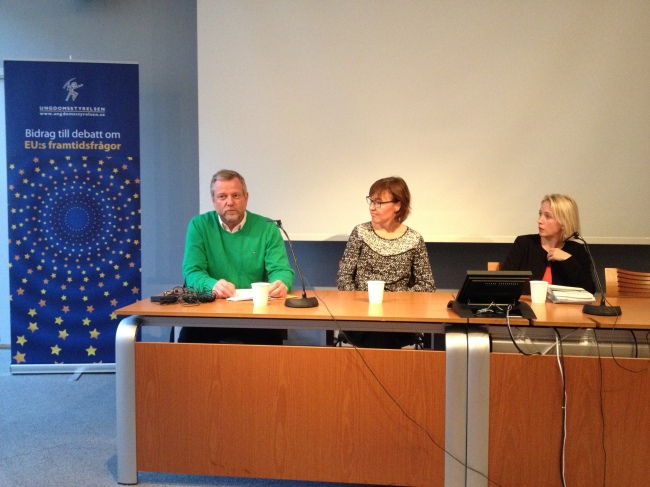There is something about politics that is becoming more and more alien to people these days. It has become very difficult to even have a conversation about it. Friends are not interested (at all); it is borderline inappropriate around dinner tables, or during coffee breaks or any other break for that matter. It seems that many people are simply not interested in hearing, talking, reading or knowing about political matters. How can that be? The following touches upon the raison d’etre of politics, and why it should be important to us.
Politics dictates almost every aspect of our lives, like taking chunks out of our salary, taking a cut when we buy stuff, decide what our children get to learn, determine our security, guide our healthcare, wiretap our phone and internet lines, make deals with countries and corporations around our future – and the list is endless. Still it is seemingly unimportant for so many of us.
People have forgotten
My guess is that some of it has to do with the public perception of politicians and the politician’s perception of the public. People have seemingly forgotten that politicians are representatives, in public service to voice the needs and wants of their constituents. What is worse is that politicians have seemingly forgotten that they work for the people, and are hired to be vessels of ensuring the safety, wellbeing and preference of their voters. When was the last time you were reminded of this? When last did you see a public outrage in Sweden over the lack of representation by a politician? When last did we put pressure on politicians to keep them in check around anything?
If governing the country was a business and we were in charge, we would probably lose the company due to incompetence or negligence – and perhaps that’s exactly what happened.
Most people have become political bystanders, and many are frankly apolitical. It makes for an interesting job being a politician if the population is dormant and docile. The root of democracy, being the “rule of the people” or “governance by the people, for the people” seems lost of late. Voting is not enough. Writing a Facebook status update every time media makes a buzz around a given political subject is something, but not enough. Having an active citizenry, holding the representatives accountable, and collectively voicing dissent or feedback on official statements and decisions is not only necessary but also rather paramount to ensuring the future we want. Especially considering the transboundary global challenges that we are facing, that are not being properly addressed by our governments. Perhaps they are lagging behind, or perhaps they have other priorities, but issues concerning climate change, the financial structure, and natural resource constraints that will all significantly affect our way of life in the coming decades are seemingly underrepresented.
A passage from “Democracy in America” by Alexis de Tocqueville illustrates a notion of political bystanders, and explains the incessant dangers that can ensue.
“The first thing that strikes the observation is an innumerable multitude of men, all equal and alike, incessantly endeavoring to procure the petty and paltry pleasures with which they glut their lives. Each of them, living apart, is as a stranger to the fate of all the rest; his children and his private friends constitute to him the whole of mankind. As for the rest of his fellow citizens, he is close to them, but he does not see them; he touches them, but he does not feel them; he exists only in himself and for himself alone; and if his kindred still remain to him, he may be said at any rate to have lost his country.
Above this race of men stands an immense and tutelary power, which takes upon itself alone to secure their gratifications and to watch over their fate. That power is absolute, minute, regular, provident, and mild. It would be like the authority of a parent if, like that authority, its object was to prepare men for manhood; but it seeks, on the contrary, to keep them in perpetual childhood: it is well content that the people should rejoice, provided they think of nothing but rejoicing. For their happiness such a government willingly labors, but it chooses to be the sole agent and the only arbiter of that happiness; it provides for their security, foresees and supplies their necessities, facilitates their pleasures, manages their principal concerns, directs their industry, regulates the descent of property, and subdivides their inheritances: what remains, but to spare them all the care of thinking and all the trouble of living?”
Does this image painted by Tocqueville remind you of how we live? Is this us? Could it be? And if it is, how can we change it?
Representation is a responsibility
Here is a thought, what if we changed the word politics to representation, and similarly politicians to representatives. First and foremost to remind the citizenry who is in charge. Second to remind public officials why they are in their positions to begin with. Clearly they are not underpaid, or underprivileged, and it is only fair to demand specific value in return. What if at the end of every year, we would measure each politician on the extent of representation they have delivered compared to their election promises. What if they knew that their jobs were in jeopardy if they didn’t deliver, and what if we could rank them accordingly?
This is not to argue that once you change some words around and play with semantics, everything will be glorious and democracy will thrive (the United States is a testament to that). It is merely an attempt to provoke a thought. Furthermore, there are many aspects of government and governance that especially Nordic countries can be very proud of. I am mainly arguing that a democracy requires active citizens. It doesn’t matter if we call our politicians “heroes”, “champions” or “power rangers” if we do not apply scrutiny on their performances. It is, in essence, a social contract.
A social contract
One of the problems with social contracts is that it is unclear who signed what, when and why. It would shock me however, if someone back whenever agreed to give away major individual sovereignty, significant money, and substantial self-determination without applying scrutiny on the guarantees promised in return. Similarly, as society changes, so do the terms and pivotal aspects of the social contract. I for one would include combatting climate change, tempering the financial system, ensuring pensions, ensuring same-level education for all, and of course representative scrutiny among many others in an new social contract. Consider the conflicts, civil wars, uprisings, deaths and sacrifices that have gone into removing dictatorships, inequalities, feudal societies, to instill rights, integrity and good governance for the people in Europe. Consider what you have done to preserve this privilege given to you at birth. Are you ensuring that your concerns about your future are being heard? And who is representing you?
There are many pressing life-changing issues that need the immediate attention of the citizenry. A collective voicing is required to ensure a healthy future for the generations to come. Perhaps as a bare minimum, you could think about the following:
- What guarantees would you like in return for your tax money? Don’t just list the ones you are getting, but the ones you would like to have and the ones you would like your children to have.
- List some political initiatives that do not reflect your personal values or preferences, or your future wellbeing. It is worth finding out.
- How has the person/party you voted for furthered or hindered your wills and wants?
- Voice your findings through any channel you possibly can.
Siavash Habibi
Siavash Habibi is a consultant at The ForeSight Group. He has previously worked as Newsproducer for the Iranian TV station Manoto in London and for the Clinton Global Initiative in New York.


 By: Siavash Habibi
By: Siavash Habibi





